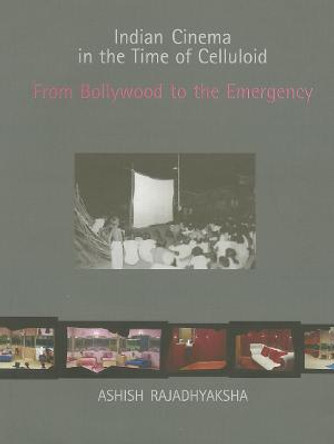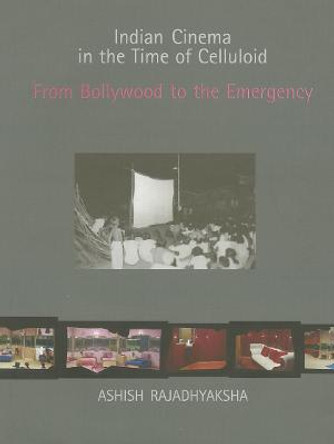The genre of legal cinema is an extensive and revealing one: it is a body of films that depicts lawyers, clients, criminals, judges, and juries, often not as they actually are, but as we would like them to be. The idealized courtroom of many legal movies tells us a great deal about what we think of our justice system and what we want it to reflect about America, but the films in the genre vary widely in how they do this. From
To Kill a Mockingbird to
Liar, Liar, from
A Time to Kill to
Twelve Angry Men, we see certain stereotypes repeating themselves again and again: the judge as stern referee, the jury as an ultimately fair body of decisionmakers, the lawyer as hardworking and passionate fighter for the underdog. In this new and comprehensive study of this understudied category of film, author Ross D. Levi argues that, contrary to popular belief, legal movies show us a system that is far more fair than our actual one, with corruption downplayed and greed made subordinate to compassion and compromise. With a comprehensive filmography, penetrating analysis-both cinematic and legal-and engaging discussion of a wide array of movies,
The Celluloid Courtroom is an indispensable guide to a key aspect of American movies and American justice. The genre of legal cinema is an extensive and revealing one: it is a body of films that depicts lawyers, clients, criminals, judges, and juries, often not as they actually are, but as we would like them to be. The idealized courtroom of many legal movies tells us a great deal about what we think of our justice system and what we want it to reflect about America, but the films in the genre vary widely in how they do this. From
To Kill a Mockingbird to
Liar, Liar, from
A Time to Kill to
Twelve Angry Men, we see certain stereotypes repeating themselves again and again: the judge as stern referee, the jury as an ultimately fair body of decisionmakers, the lawyer as hardworking and passionate fighter for the underdog. In this new and comprehensive study of this understudied category of film, author Ross D. Levi argues that, contrary to popular belief, legal movies show us a system that is far more fair than our actual one, with corruption downplayed and greed made subordinate to compassion and compromise. These are films that have affected as much as reflected the American justice system, as we enter the courts hoping, often against hope, that they will be something like what we've seen in the movies. With a comprehensive filmography, penetrating analysis-both legal and cinematic-and engaging and enlightening discussion,
The Celluloid Courtroom is an indispensable guide to a key aspect of American movies and American justice.
Surveys the history of legal movies-those that take place both inside and outside the courtroom-and examines what they tell us about our legal system and our notions of justice.About the AuthorROSS D. LEVI serves as Director of Public Policy and Governmental Affairs for the Empire State Pride Agenda, New York's statewide gay and lesbian civil rights organization. He has worked in the publicity and promotions departments of Hollywood studios including Miramax, Universal, and 20th Century Fox.
ReviewsThe author looks at American courtroom films and categorizes them according to parties to the action: client, judge, jury, lawyer. He argues that these films reveal that, despite Americans' recognition that corruption is possible within the legal system, as a population they also tend to (want to) believe that justice triumphs....[a] useful compendium of a particular film genre over the past 30 years. Extensive film collections. * Choice *
The Celluloid Courtroom will be a useful handbook for aficionados--and hopefully, a springboard for future studies. * Film International *
[L]ooks in turn at the major players in such films - the client, judge, jury, and the lawyer - and examines how their portrayals have changed over the course of cinematic history. * Reference & Research Book News/Art Book News Annual *
Book InformationISBN 9780275982331
Author Ross D. LeviFormat Hardback
Page Count 192
Imprint Praeger Publishers IncPublisher Bloomsbury Publishing Plc
Weight(grams) 454g















